
ECONOMY
12-06-2020 by redazione
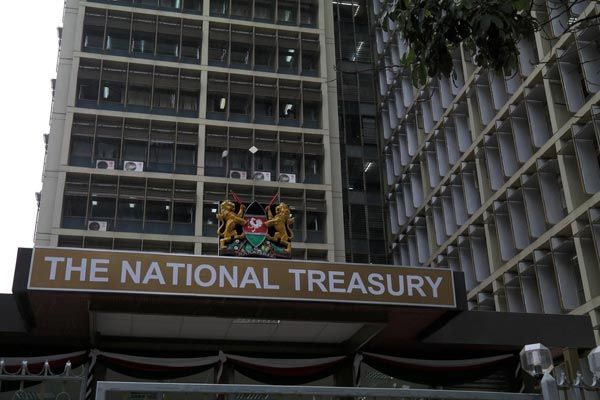
Kenya's Treasury CS Ukur Yattani unveiled yesterday afternoon the country's new fiscal year 2020-2021.
This is obviously a completely new economic operation, as the global moment we are experiencing imposes.
Stopped for three months now, Kenya is experiencing the situation of many other countries in the balance between growth and poverty, between projects that have required international loans and the impossibility of maintaining a GDP that in recent years has made it one of the most attractive nations in the world from the point of view of investment.
Those who have bet on Nairobi, like above all China and the United States, but also Russia, Israel and Turkey, to name but a few alternative economic powers, will hardly be able to stop supporting the Kenyan government and its economy overnight.
However, since last March, the banks have already had to settle debts amounting to 360 billion shillings, plus 190 billion blocked loans.
The economies of sub-Saharan Africa will contract by 1.6 percent in 2020 and probably rebound by 4.1 percent in 2021.
Kenya is implementing lifebuoys to contain the situation and at the same time is receiving aid not only from the World Bank, but also from individual countries such as Denmark and Norway.
Let us look in detail at the appropriations for the coming financial year:
Needless to say, the lion's share will go to health care.
The sector will be allocated 1 billion dollars, of which just under half will go to activities and programmes aimed at achieving decent public health in every county. Other funds will be used to provide beds, mattresses and bedding for hospitals and 12 million for the training and recruitment of health workers for a minimum period of one year. Other funds will be used to provide disinfectant machines in all public places in the country.
After health, infrastructure and employment are the items touched on by Yattani.
$50 million for the rebuilding of access roads and bridges across the country.
100 million dollars allocated to the "Kazi kwa Vijana" programme, i.e. to give work to unemployed young people by employing them in public works.
50 million dollars will be allocated for secondary education, which according to the Kenyatta government's programme should gradually become free, for food in primary education and for the development of universities. $3 million to recruit 1,000 ICT interns to support digital learning in schools.
$520 million will be invested in food security and aid to the vulnerable.
180 million for local industry. The development of the port of Mombasa and the second phase of the SGR railway will cost the state about 20 million.
Similar funds will be allocated to subsidize agriculture and revitalize the important international flower market.
The Environment will receive $80 million for the protection of the sea and lakes, and for the conservation of forests. Sport will receive 14 million from the state, which will also be used for social development.
Tourism, after the allocation of 20 million dollars, the use of which is not yet known, has not been mentioned among the main sectors of investment to restart Kenya, as well as Culture.
Finally, in addition to the funds allocated to the activities of Parliament, bureaucratic coverage, this year will be 391 million allocated to the counties.
Yattani has declared to reduce the budget deficit, albeit imperceptibly, but is optimistic about the sustainability of the public debt and that there will be margins to obtain subsidized loans from the Government. Public projects will always be financed through public-private partnerships.
Clearly, the main question of public opinion is whether and how the Government will have to resort to the already proven pockets of citizens to recover part of the appropriations that cannot come from private individuals and foreign states. The first announced are one percent mandatory on withholding tax even for companies that do not declare profits and 1.5% on online transactions for companies operating in e-commerce.
by redazione

New taxes and mandatory rules for small public transport in Kenya.
This is...
POLITICS
by redazione
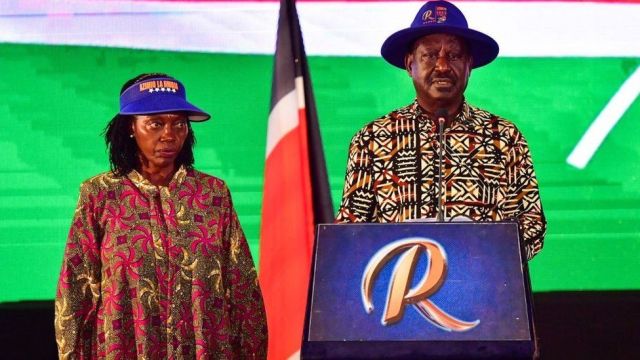
The ruling opposition is calling on the people to "disobey" the new restrictive measures signed...
NEWS
by redazione

The construction of the port of Lamu is 20 percent.
He said yesterday the press the director of Lappset project (Lamu Port South Sudan Ethiopia) Silvester Kasuku.
According Kasuku have already been prepared three docking and the first will already...
ECONOMICS
by Freddie del Curatolo
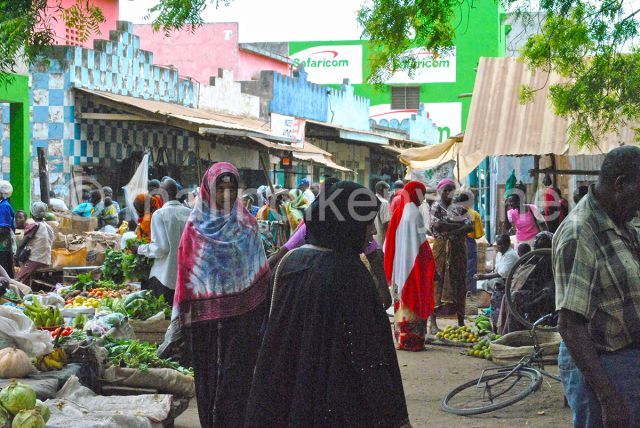
Kenya is no longer at risk of economic default. At least that is the authoritative view of its first...

The difficult period for the Kenyan economy may have reached its climax and now begin its downward...
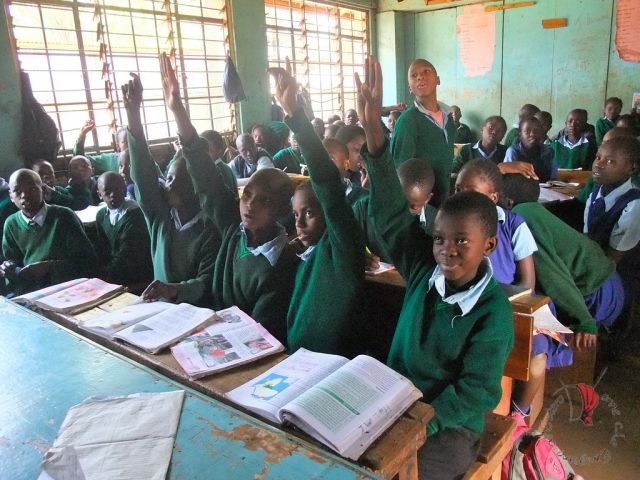
Parents of Kenyan students are raising concerns about the early resumption of...
LATEST NEWS
by redazione
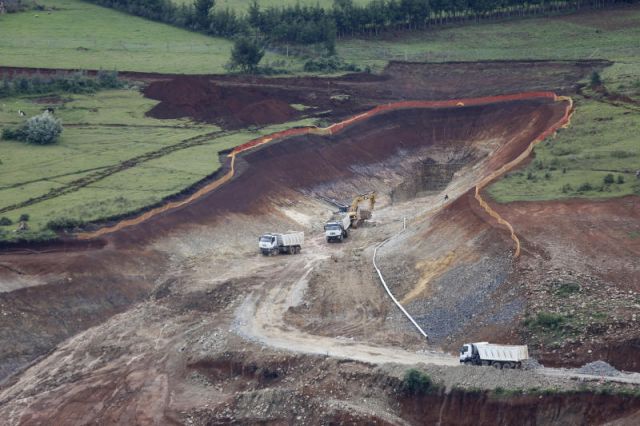
The Kenyan Treasury Minister Henri Rotich and his deputy Kamau Thugge would be the...
EDUCATION
by redazione
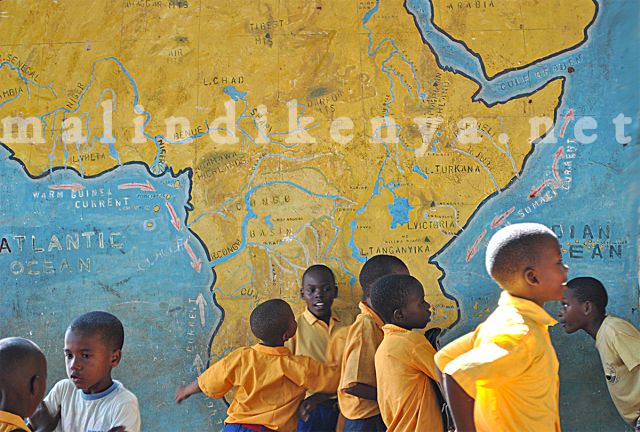
As of this year, although the date is yet to be confirmed, to pay school fees, parents or...
ECONOMIC
by redazione
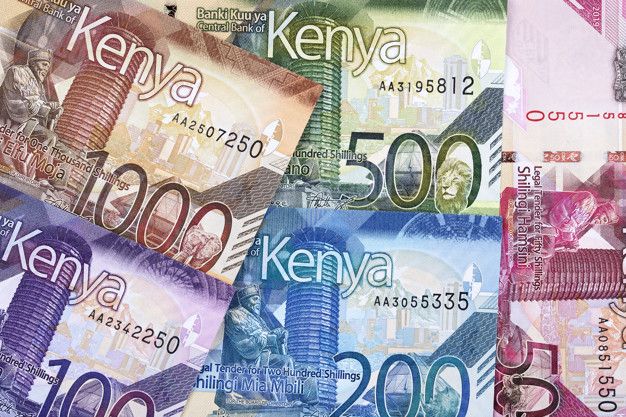
Five million Kenyans are unable to pay their debts to the banks or credit institutions they...

The tax increases decided by the Kenyan Treasury for the current financial year will be effective from today, July 1, 2019.
All of ...
NEWS
by redazione
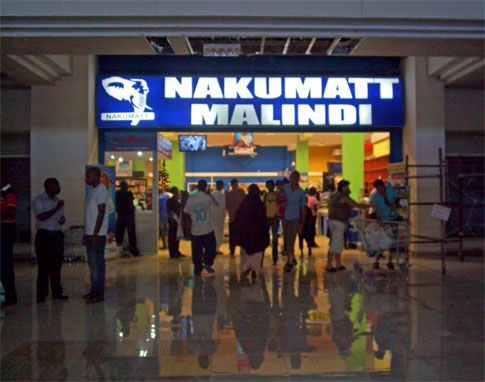
Very hard times for the Nakumatt supermarket chain and its shopping malls where its subsidiaries are located.
Entering the tunnel of a crisis that seems irreversible, the Kenyan company founded more than twenty years ago by the Indian of Nakuru's...
TAXES AND LICENCES
by redazione

NEWS
by redazione
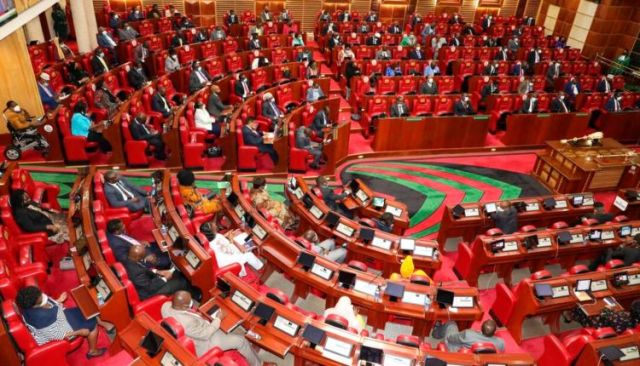
Starting this month, the Kenya Revenue Authority (KRA) will begin collecting...